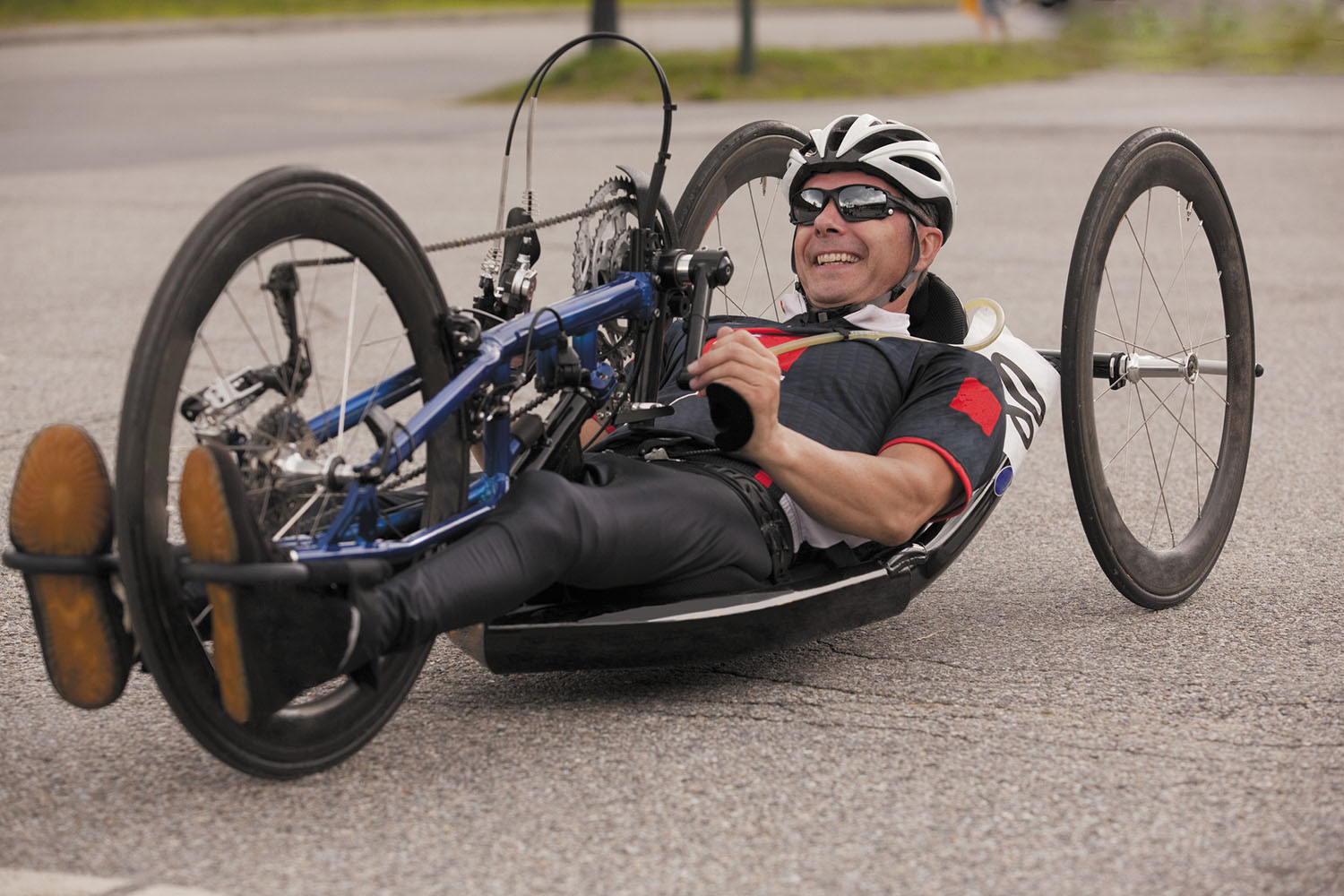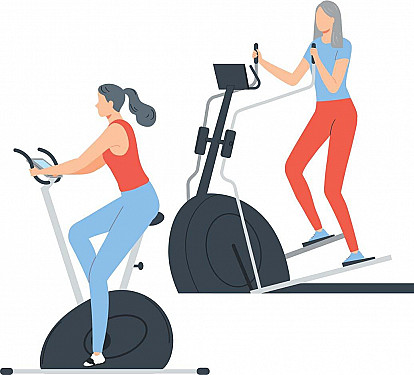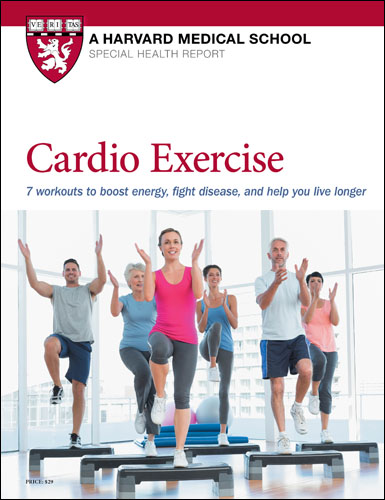Taking up adaptive sports
Don't let a physical disability or limitation stop you from staying active.
- Reviewed by Howard E. LeWine, MD, Chief Medical Editor, Harvard Health Publishing; Editorial Advisory Board Member, Harvard Health Publishing

Regular exercise is a prescription for staying healthy and active as you age. But sometimes it's not that easy. Many older adults face an injury, illness, health condition, or disability that makes activities difficult, if not seemingly impossible. If you are in this category, adaptive sports could be a welcome opportunity.
"Eventually, almost everyone will experience some kind of disability that impedes regular exercise, whether it's mild arthritis, a joint problem requiring knee or hip replacement, limited vision, or a more significant physical disability," says Dr. Cheri Blauwet, an associate professor in Physical Medicine and Rehabilitation at Harvard Medical School and a former wheelchair racer, who is a seven-time Paralympic medalist and winner of both the Boston and New York City marathons.
"But thanks to advanced technology and supportive infrastructure, people can find almost any kind of sport or activity that takes into account their abilities and helps them stay active."
Wide range of choices
Adaptive sports are competitive or recreational sports or activities for people with disabilities or physical limitations. They often run parallel to traditional endeavors but are modified to support an individual's needs.
Name an indoor, outdoor, or seasonal activity, and there is a good chance there is an adapted version. Popular choices include cycling, skiing, archery, kayaking, rowing, tennis, bowling, swimming, basketball, and golf. (In 2022, the U.S. Golf Association launched the inaugural U.S. Adaptive Open as its 15th national championship.)
Staying active is even more crucial for people with disabilities or limitations. "Lack of regular exercise greatly increases their risk of heart disease, stroke, obesity, diabetes, and cancer," says Dr. Blauwet.
Adaptive sports also can support emotional health. A June 2019 Sports Medicine and Arthroscopy Review study found that people participating in adaptive sports and activities report significantly higher overall health, greater quality of life, and a more satisfying social life.
Find your activity
What kind of adaptive sport or activity you choose ultimately depends on your interests and level of function, says Dr. Blauwet. Here are some strategies to help find your best fit.
Focus on your strengths. Don't focus on what you can't do but on what you can. Is running no longer an option? Try power walking using hiking poles for support. Can't fully use your legs? Focus on upper-body activities like swimming or kayaking.
Explore what you enjoy. "There is a good chance your favorite activities can be adjusted to fit your needs," says Dr. Blauwet. For example, specialized golf carts can help you stand and stabilize your body while you swing the club. In sledge hockey, people with lower-body immobility use sleds to skate across the ice. Recumbent bikes (three-wheel bicycles that place the rider in a seated or supported reclining position) help cyclists who have balance problems or back issues.
Join a team. Many adaptive sports have organized team leagues with adjusted rules and formats, like wheelchair basketball and tennis, and "beep" baseball and kickball for individuals with poor vision. "These are a great way to build more awareness about your new endeavor and build a community with peers who have similar disabilities or limitations," says Dr. Blauwet. "Plus, a little competition provides extra motivation to help you stay active."
Try something new. Use your situation as an opportunity to explore a new interest or try something outside your comfort zone, such as waterskiing, windsurfing, horseback riding, or rock wall climbing.
"It may be physically and emotionally tough to embrace adaptive sports and activities, as it can feel like your disability is magnified, but don't let that dissuade you," says Dr. Blauwet. "Participation in adaptive sports is not a lesser way of living, but a way to live better."
How to find adaptive sports in your areaYou can locate state and local adaptive sports programs at the websites of the National Center on Health, Physical Activity and Disability (www.nchpad.org, under the "Directories" tab) and the Challenged Athletes Foundation (www.challengedathletes.org.) "These programs also can help you find mentors, coaches, and the support systems you need to be successful," says Dr. Cheri Blauwet, an associate professor in Physical Medicine and Rehabilitation at Harvard Medical School. |
Image: © Huntstock/Getty Images
About the Author

Matthew Solan, Executive Editor, Harvard Men's Health Watch
About the Reviewer

Howard E. LeWine, MD, Chief Medical Editor, Harvard Health Publishing; Editorial Advisory Board Member, Harvard Health Publishing
Disclaimer:
As a service to our readers, Harvard Health Publishing provides access to our library of archived content. Please note the date of last review or update on all articles.
No content on this site, regardless of date, should ever be used as a substitute for direct medical advice from your doctor or other qualified clinician.
















